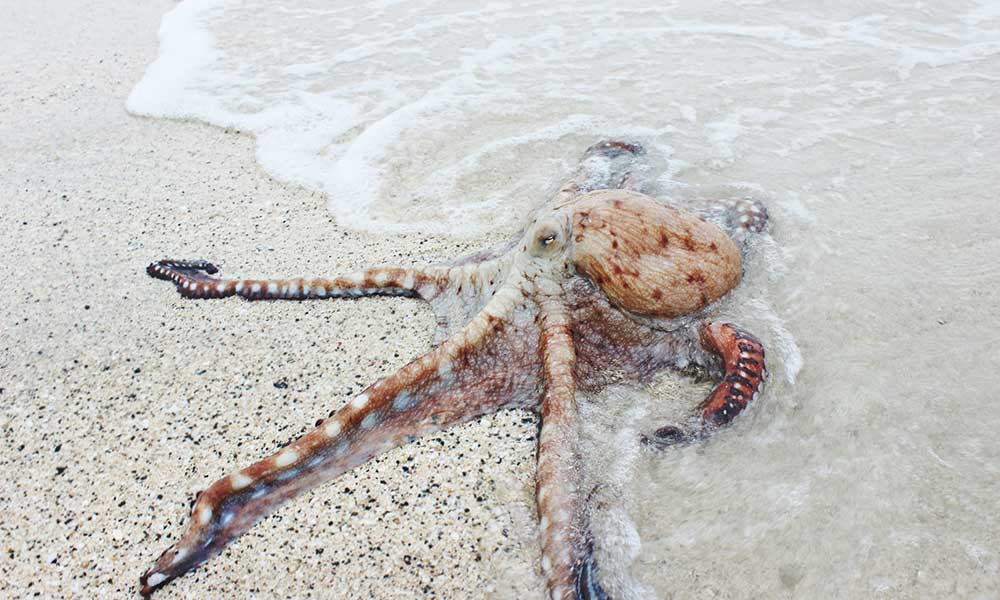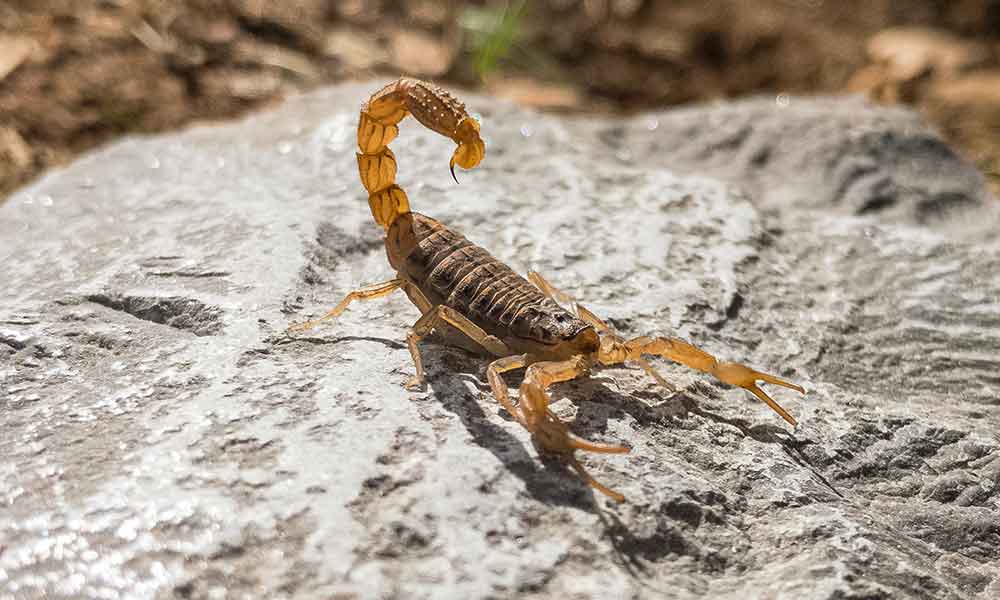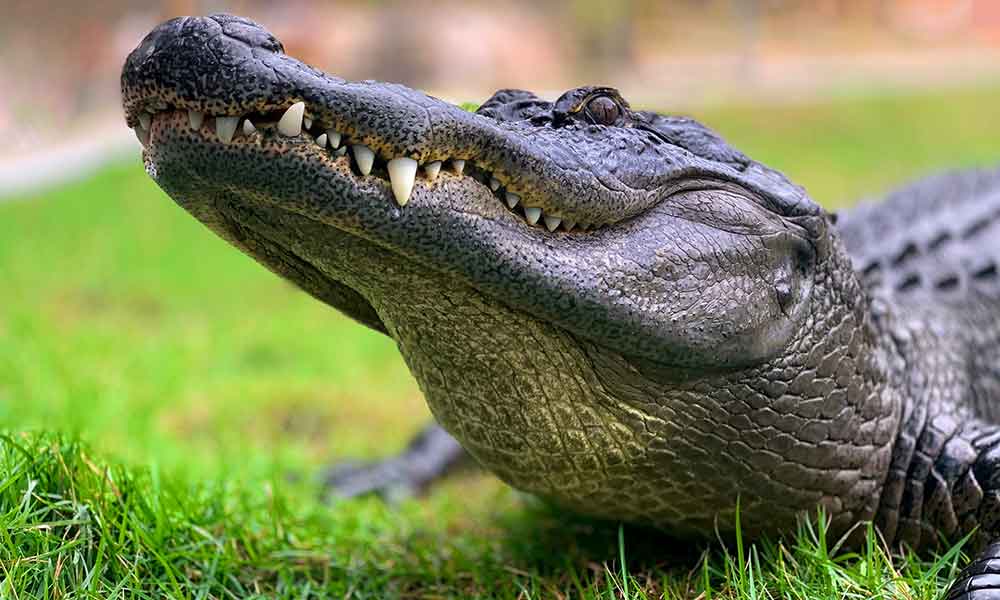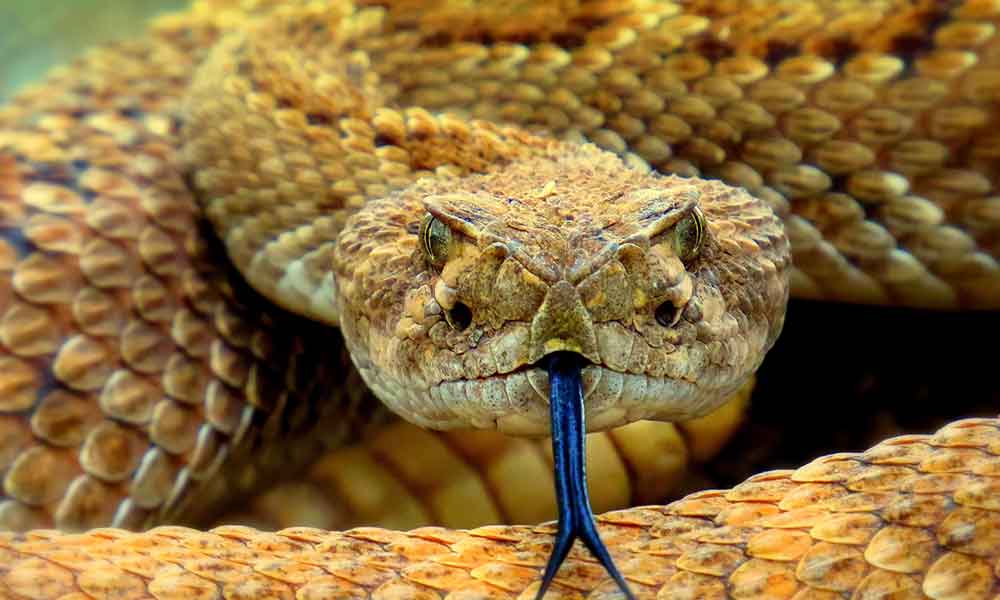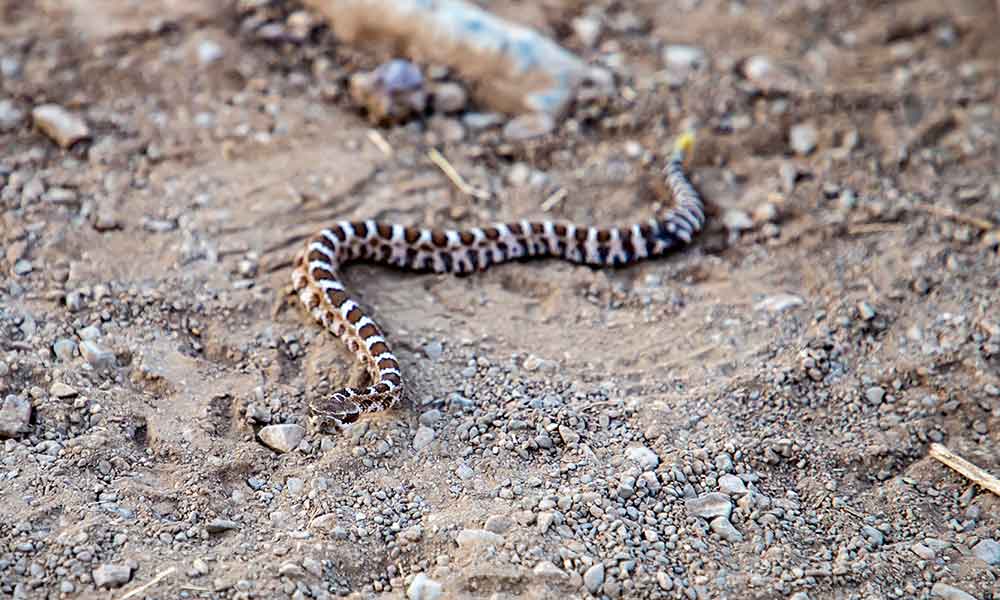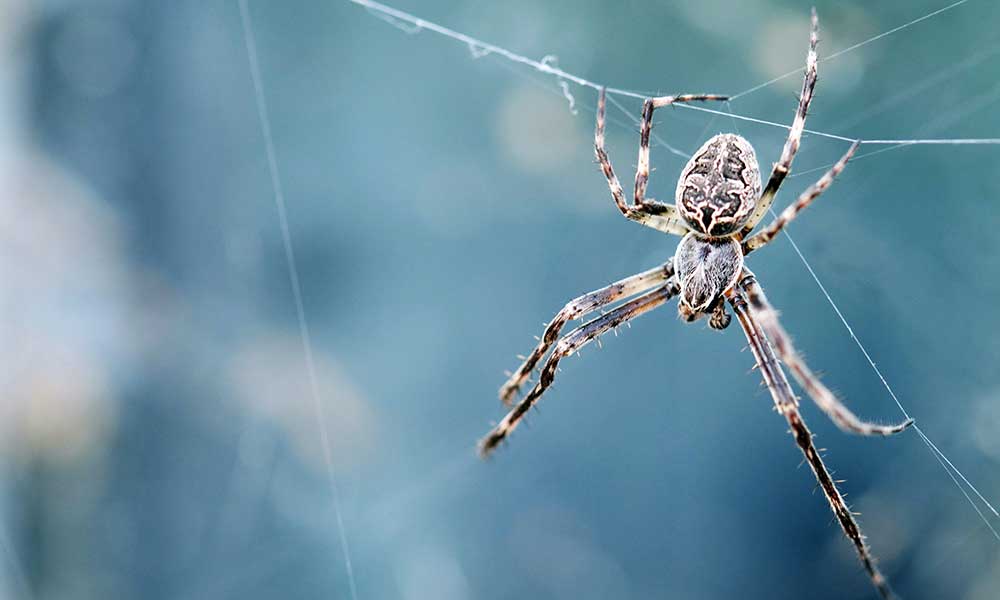Octopuses are amazing creatures. They are intelligent, mysterious, and have an almost alien appearance, seeming truly out of this world.
They’re also some of the most misunderstood creatures in the ocean and in the following guide, we’ll look at some of the most interesting facts about them
1. How Long Do Octopuses Live?
Most species of octopus live for just a year or two. The giant pacific octopus, however, can live for up to 5 years in the right conditions.
2. How Many Hearts and Brains Does an Octopus Have?
There’s a lot going on inside an octopus’s body, including 3 hearts and 9 brains.
It is a staggering and almost unbelievable fact, but it’s true.
However, those hearts and brains don’t all possess the same power, nor are they the same size.
First, the brains.
The main octopus brain is where you’d expect it to be and is protected by a skull.
It’s the control room of the octopus and it exerts control over the body.
The other 8 brains are located in the octopus’s legs and allow those brains all to act independently.
The central brain still has a general level of control, but the arms also have “localized” control stemming from the 8 extra brains.
As for the hearts, there is a main heart (systemic heart) and two additional hearts (branchial hearts).
The main heart pumps oxygenated blood around the body; the other hearts take the blood from the body and pump it through the gills.
3. What Do Octopuses Eat?
There are hundreds of species of octopus and they exist all over the world in sizes ranging from a few inches to several feet.
Needless to say, an octopus’s diet can be pretty varied and is usually dictated by its location and size.
Generally speaking, octopuses eat mollusks, fish, crustaceans, and even each other.
They are not very picky and even when they are placed in new surroundings with limited food options, they will quickly adapt and eat whatever they can.
An octopus will use its beak and its eight arms to incapacitate and kill its prey and may also use its beak to crack shells.
Some octopus species, such as the giant Pacific octopus, are known to eat larger species of squid and fish.
4. Is an Octopus a Fish?
Octopuses are in the Mollusca family, which makes them mollusks.
Other species in this class include snails and clams.
Specifically, octopuses are in the Cephalopod Molluscan class, which includes squid and cuttlefish and is defined by animals with a large head and a set of tentacles—the word “Cephalopod” actually comes from the Greek words for “head” and “feet”.
Many mollusks are colloquially known as “shellfish” and you will also find octopus in the fish section of the grocery store, but they are not fish.
5. Do Octopuses Lay Eggs?
Yes, octopuses lay eggs and this triggers a rather grim and depressive cycle for both the female and male octopus.
As semelparous animals, octopuses only reproduce once before they die.
The female will lay a clutch of eggs and then cease eating. When the eggs hatch, the mother dies.
Oftentimes, the father’s death follows shortly afterward.
Female octopuses tend to kill and eat their mates but when this doesn’t happen, they die shortly afterward anyway.
These are a few theories as to why female octopuses allow themselves to decline so rapidly after giving birth.
Neurologically speaking, they produce fewer neuropeptides after mating, and these molecules are seemingly used by neurons to promote feeding behaviors.
They also produce a type of steroid that impacts their metabolism.
What’s more, researchers in the 1970s found that if they removed the octopus’s optic gland, the animal abandoned its eggs and resumed feeding.
From an evolutionary point of view, it could be that the octopus’s job is complete once mating is over and the eggs are laid.
Ensuring that the adults are not around when the babies are young means they are also less likely to eat them (octopuses are cannibalistic by nature) or compete for food.
6. What is the Plural of Octopus?
The “octopuses vs octopi” debate is as prevalent and confusing as whether tomato is a fruit or a vegetable and whether Adidas is pronounced with emphasis on the “A” or the “i”.
But just like those two hot topics, there is a clear, obvious, and straightforward answer: it’s “octopuses”.
It might not sound as “right” to the English ear, but there is method to the madness.
The word “octopus” comes from the Greek words for “8” and “legs”.
In the past, the accepted plural form was “octopodes”, which also comes from the Greek (the classification order “Octopoda” is still influenced by the word’s Hellenic roots) and was the accepted form for many years.
When we Anglicize the word, we add the “es” and get “octopuses”, and this has been the accepted form for about 150 years.
Simply put, while it sounds “right”, the word “octopi” is incorrect because it assumes a Latin origin and not a Greek origin.
It can be confusing, but look at it this way:
While the accepted plural of “cactus” is both “cacti” and “cactuses”, the only scientifically accepted plural of “octopus” is “octopuses”.
People will still know what you mean if you say “octopi”, but you won’t see it being used by experts or published in scientific journals.
7. How Many Tentacles Does an Octopus Have?
Octopuses have 8 tentacles. There is a species known as the “seven-armed octopus” which seems to have one less leg, but only because it’s hidden and used solely for the purpose of fertilization.
8. Are Octopuses Intelligent?
Octopuses are very smart creatures. Researchers have proven that octopuses can quickly obtain, process, store, and use information and are thought to be as intelligent as dogs and 2-year-old humans.
Most cephalopods are intelligent to a degree and octopuses don’t even top the class.
That honor goes to the cuttlefish.
Not only do cuttlefish have great memories, but they are very smart and adaptive creatures and researchers have learned a lot by studying them.
9. Do Octopuses Have Bones and Beaks?
Octopuses are invertebrates, which means they don’t have any bones.
However, they do have a skull to protect their brains and they also have a beak that is often used to crush prey and open mollusk shells.
10. Are Octopuses Dangerous?
All octopuses have venom but most are harmless to humans.
The exception is the blue-ringed octopus species, which includes the greater blue-ringed octopus.
It’s one of the most venomous creatures on the planet and a single greater blue-ringed octopus has enough venom to kill 10 people.
These octopuses lurk in rock pools and are known to hide in crevices.
Their venom is a tetrodotoxin, which severely impacts the nervous system and eventually causes respiratory arrest.
There are numerous stories from mythology that describe attacks from cephalopods and talk about monstrous creatures that appear out of the deep and take down entire ships and crews.
However, actual verifiable reports are limited and most of these creatures are too small to cause serious harm.
11. What Color is Octopus Blood?
Octopuses have blue blood as it contains copper and not the iron that we have in our blood.
Copper is more efficient at transporting oxygen when the water temperature is low and so this blue blood helps to keep those three hearts pumping and those 9 brains working.
12. Can Octopus Change Color?
Most octopus species can change skin color at will, and this helps them when they are hiding from predators or trying to trick their prey.
These changes in skin color are caused by cells known as chromatophores, which are located just underneath the surface of the skin.
Each chromatophore contains a sac that’s filled with red, orange, yellow, or brown pigment and these are expanded or extracted to produce the desired color effects.
The mimic octopus takes things to another level and has been known to adapt its shape so that it can “mimic” other animals.
When you have eight arms, a big brain, and the ability to change color at will, you can be any species that you want, and the mimic octopus takes full advantage of this fact!

